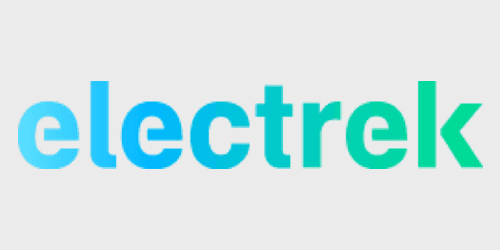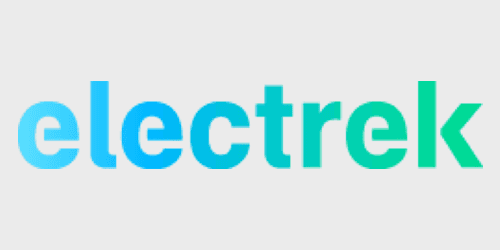
Tesla has quietly acquired a battery manufacturing and engineering company based in Canada called ‘Hibar Systems’ in a push to start making its own battery cells.
Tesla Acquires Hibar Systems
There’s no detail available about the acquisition other than Tesla listing Hibar Systems as a subsidiary in its official filings with the Canadian Federal lobby registration, as first reported by Canada’s Electric Autonomy.
The manufacturing company wasn’t on Tesla’s subsidiary list in July and now it appeared on it on October 2 – meaning that the acquisition happened in the last 4 months.
Hibar has since gone dark, killed its website and replaced it with a single page as it is being taken over by Tesla.
According to an archive version of its website, the company specialized in building manufacturing equipment for different processes in battery manufacturing:
“Among Hibar’s latest technology offerings are its advanced Automated Vacuum Filling Systems for Lithium-ion battery applications for use in Hybrid Electric Vehicles, computer notebooks and similar products.”
More recently, it ventured into making a full “high-speed Lithium-ion battery manufacturing system”.
Last year, it was awarded $2 million CAD from the National Research Council of Canada Industrial Research Assistance Program (NRC IRAP) to build the system in Richmond Hill, Ontario, Canada:
“$2 million to support the development of a high-speed Lithium-ion battery manufacturing system to meet growing market demand for mass electric energy storage solutions.”
It’s unclear if this battery manufacturing system has been deployed yet, but they have been making battery cell manufacturing equipment for a long time.
The company’s headquarters are in Richmond Hill, Ontario, but it also has facilities in China and Germany.
Iain McColl, a mechanical engineer, is the president and CEO of the company, which went through a management buyout in 2006 – making all management part owner before Tesla’s takeover.
LinkedIn lists 79 employees working at Hibar Systems.
Tesla Expansion in Canada
Tesla’s expansion in battery manufacturing in Canada is not exactly surprising since the automaker has made a battery research deal with renowned Canadian li-ion battery pioneer Jeff Dahn.
In 2016, Dahn transitioned his research group from their 20-year research agreement with 3M to a new association with Tesla under the newly formed ‘NSERC/Tesla Canada Industrial Research’.
Through the agreement, Tesla invested in a new research lab close to Dahn’s group near Halifax, Nova Scotia.
The collaboration has recently generated several interesting patents and research papers on a new Li-ion battery cell that would have much greater longevity than the current technology.
Tesla Battery Cell Manufacturing
The acquisition also comes at a time when it’s becoming obvious that Tesla is working to establish its own battery cell manufacturing capacity.
After working with Panasonic for years and now recently adding LG Chem as a supplier for battery cells, the automaker recently all but confirmed that it’s going to manufacture its own battery cells.
Earlier this year, Tesla acquired an ultracapacitor manufacturer called Maxwell, but it has been speculated that the acquisition is more likely related to the company’s new Li-ion electrode technology.
Last month, we reported on Tesla starting to list jobs for battery cell manufacturing
Now with the acquisition of Hibar, Tesla also owns a company with expertise in making battery cell production equipment.
Electrek’s Take
Things are getting exciting.
Everything points to Tesla working to establish its own battery cell production using a combination of its own expertise working on batteries for over a decade, the recently acquired Maxwell and its electrode technology, Jeff Dahn and his team research and testing expertise, and now this new battery production equipment manufacturer.
We expect the details of this plan to be announced at the upcoming “battery and powertrain investor day”, which is supposed to be held early next year.
The more we learn about Tesla’s acquisitions and move toward battery manufacturing, the more it becomes obvious to me that the plan is quite ambitious and already quite far along into development.
I wouldn’t be surprised if Tesla announced battery production lines at facilities already owned by Maxwell or now Hibar.
FTC: We use income earning auto affiliate links. More.







Comments